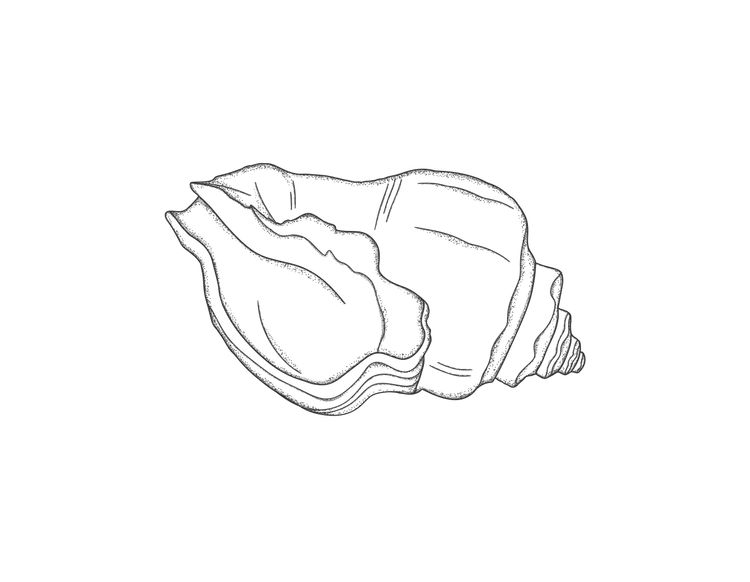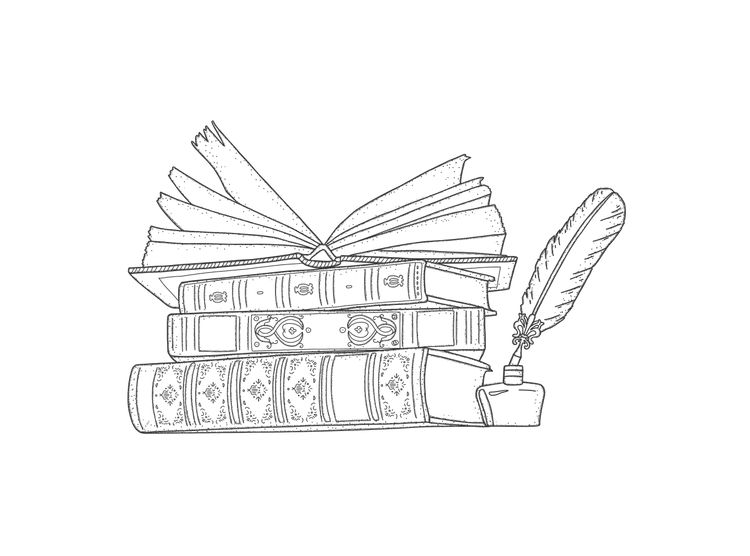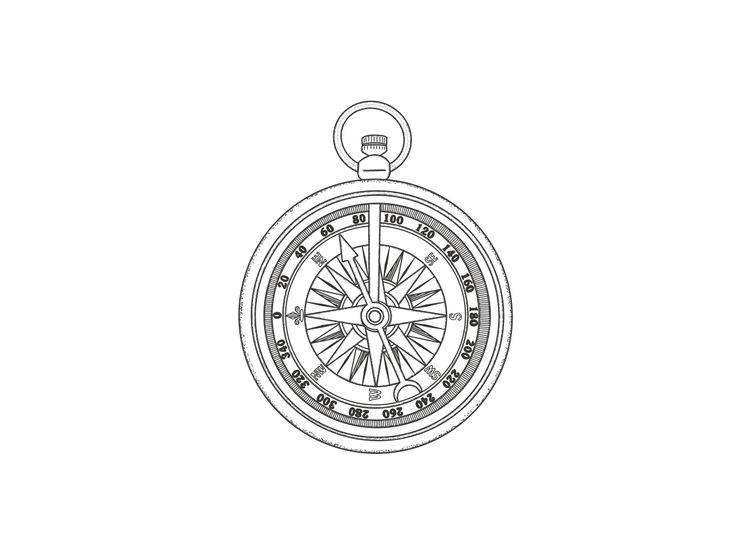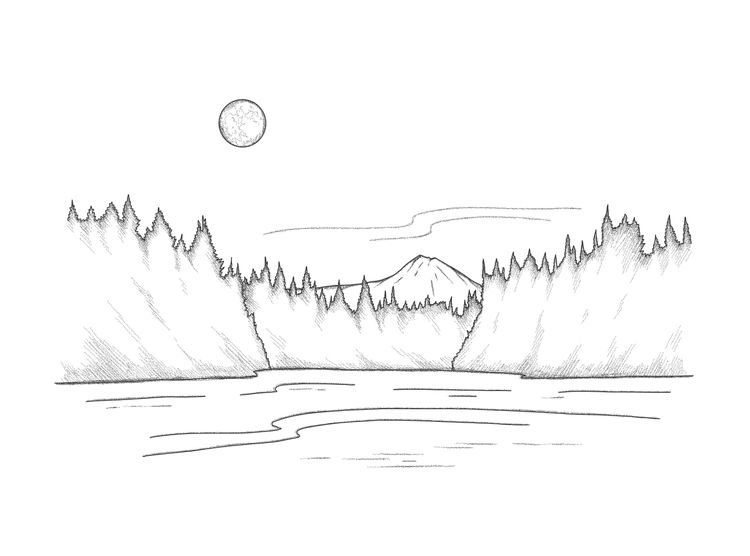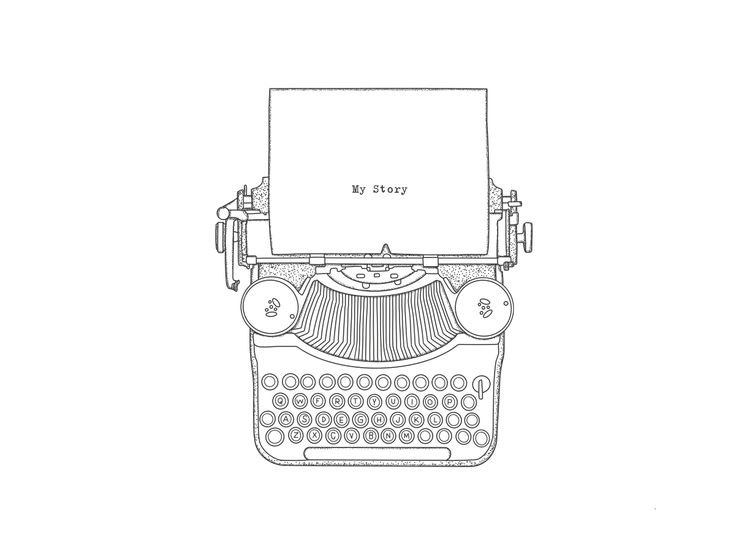Adventure
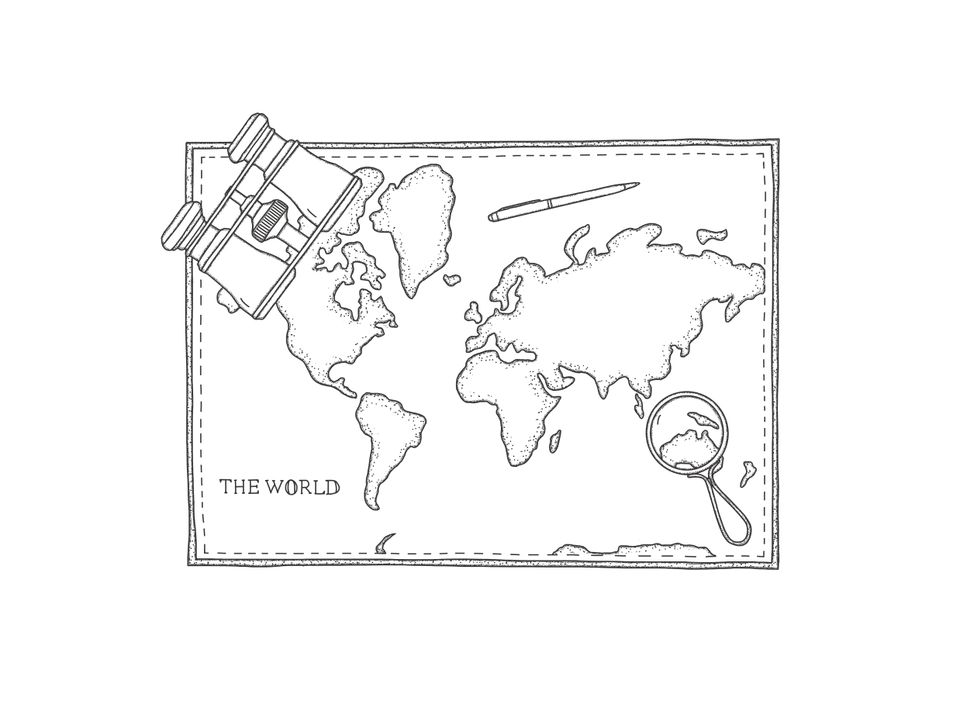
Adventure calls to us to abandon the familiar and to set off into the unknown, the blank part of the map. Adventure awakens the curiosity and excitement in us—for the mystery of the new, the thrill of danger, the possibility of change.
Adventure asks us to see the world with wide-eyed wonder—not to judge it, nor to fix it, nor to bend it to our will, but to delight in it, to appreciate it for exactly what it is. In adventure, we join hands with life in playful dance. Beguiled, the world reveals itself to us.
On adventure, we open ourselves to the world so that we can better understand ourselves—the strength in us, and the flaws. Adventure helps us find the courage to face whatever we discover on the journey—to look behind the mask and gaze at life's true face.
With adventure, the joy is in the journey. The more the world reveals itself, the more there is for us to learn. There is no destination. We have no quest to fulfill. We are the mystery. The quest is ourselves.
How often do we rush to judgment or action when things go wrong? How much better might things go if, instead, we were to explore the situation to better understand it? Often, this means we need to shift our mental state, out of the negativity of frustration or anger where the creative, problem-solving parts of our brain are not available to us, and into the positive psychology of curiosity, discovery and learning.
With practice, we can access the playfulness and curiosity of the adventurer in us in even the most messed up situations. When I first joined the corporate world from journalism, I struggled with the groupthink, the waste and the politics. It exhausted me. Everything seemed so fucked up. (Most journalists never have to learn what it takes to drive change in an organization, or work on a team even. As a foreign correspondent, I was a team of one. I joined IBM as its 450,000th employee.)
Over time, I learned how to look at my situation from a different perspective. I imagined myself to be a foreign correspondent still—a visitor to a far off and mysterious land called corporate world whose strange customs required my study. I became an explorer of corporate dysfunction, a collector of the seemingly endless ways we fuck work up. I became fascinated with my topic. Over time, I learned how to introduce work methods and create environments that support happy, productive, high-performing teams. It became my craft and my livelihood.
Self exploration takes courage. When we look inside ourselves, we find things we admire, but also things that are disappointing, frustrating, or shameful. When we look really deeply, we find all of human potential inside us—the exalted and the depraved, and everything in between. As Marlow in Joseph Conrad's Heart of Darkness says, "the mind of man is capable of anything—because everything is in it, all the past and all the future."
My coach once helped to set up a program for the inmates of San Quentin State Prison, where men condemned to death in California must be held. "The only difference between me and them," she told me once, "is that they manifested their bars."
When I was five or six, just before we left for Tehran, I would play in the woods at the top of the hill near our house with kids from the neighborhood. It was a magical place, full of enchantment and mystery and the thrill of playing hide and seek amongst the oak trees and bramble thickets.
If I were to visit those woods today, a part of my adult self would no doubt scoff at how small and unremarkable they seem, or else lament the housing development that likely stands in their place. I could also visit that little boy in me. I am doing it now. I am taking him by the hand. We are climbing the gate together and skipping off into the woods, singing to ourselves.
Each week I explore a life metaphor that has touched me in my coaching. Subscribe to get my scribblings every Sunday morning. You can also follow me on Medium, or on LinkedIn. Feel free to forward this to a friend, colleague, or loved one, or anyone you think might benefit from reading it.

